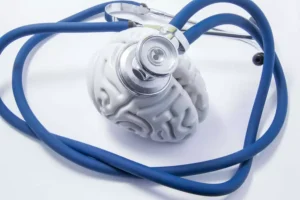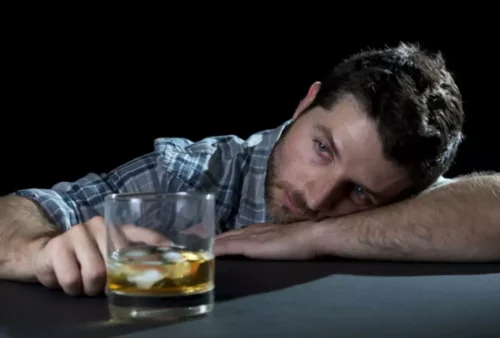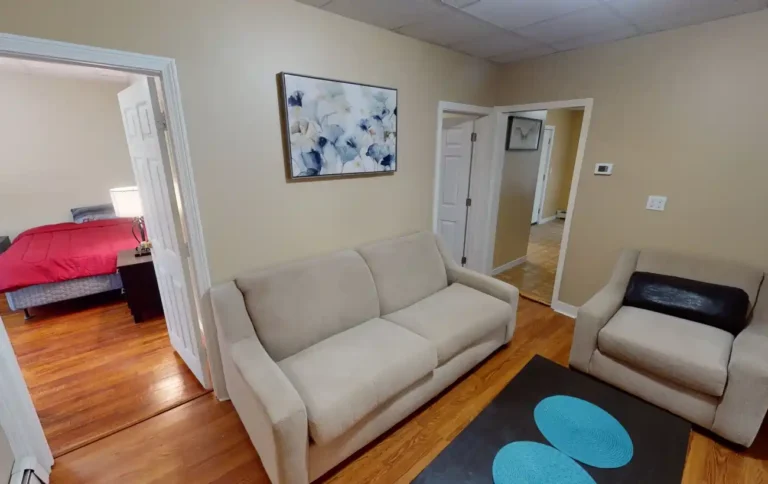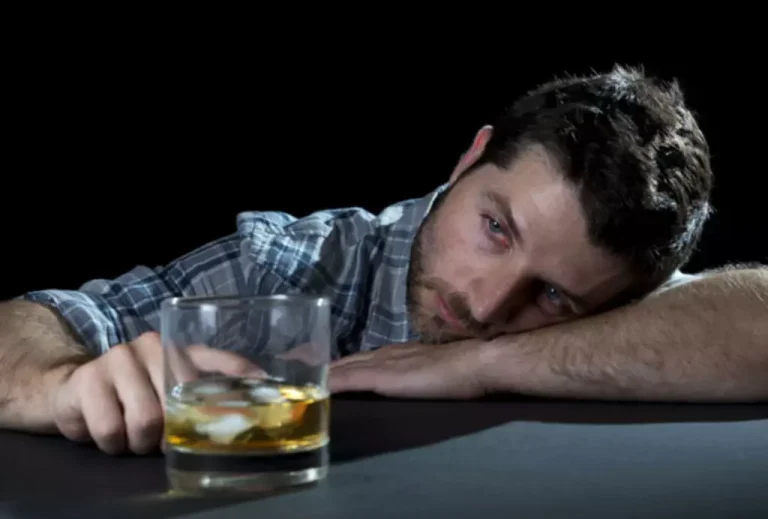
The studies initially provided relatively high rewards (as high as $1,000) for sustained abstinence from substance use 47-49, but recently, effectiveness studies have focused on providing low-cost CM as a more feasible addition to traditional counseling programs. Petry and Martin 15 examined the addition of CM to standard community based treatment (methadone maintenance and monthly individual counseling) for cocaine and opioid dependent patients. CM in this study was delivered through a raffle format using a fixed ratio schedule in which drug-free urine samples afforded patients the opportunity to draw from a fish bowl for prizes valued between $1 and $100; patients in the CM condition achieved longer durations of abstinence through a 6-month follow up period relative to those who did not receive CM. A self-help group is any group that has the aim of providing support, practical help and care for group members who share a common problem. These are the basis of the self-help philosophy of Narcotics Anonymous and Alcoholics Anonymous (AA).
- Patients may also require communication skills to deal with interpersonal conflicts.
- By Buddy TBuddy T is a writer and founding member of the Online Al-Anon Outreach Committee with decades of experience writing about alcoholism.
- Relapse is a process in which a newly abstinent patient experiences a sense of perceived control over his/her behaviour up to a point at which there is a high risk situation and for which the person may not have adequate skills or a sense of self-efficacy.
- Regardless of the reasons behind a relapse, it’s crucial to understand that it doesn’t signify failure.
Is CBT Covered by Insurance?

This article will explain Cognitive behavioral therapy for addiction and specifically alcoholism, its effectiveness, and what to expect during a counseling session. Long story short—cognitive behavioral therapy works well for some, but not for everyone. This is the case with all alcoholism and drug treatment approaches, because every person deals with and recovers from addiction in a different way. The literature provides a somewhat complex narrative on the efficacy of combined CBT and pharmacotherapy. In the largest trial to date, the added benefit of the combination was not observed, but review data suggest some benefit, and particularly for adding pharmacotherapy to CBT for alcohol use disorder.

Alcohol treatment matching studies

Rajiv’s unsuccessful attempts at abstinence lead to a low sense of self-confidence and a belief that he would not be able help himself (low perceived self- efficacy) setting up a vicious cycle. Online therapy can be a great option if you have a busy or unpredictable schedule, or want to have sessions from the comfort of your own home. You might try Healthline’s FindCare database to search for therapists in your state. You look at your thoughts, such as thinking about the worst case scenario or either-or thinking, and your therapist helps you reframe those thoughts into something healthier and productive.

TREATMENT APPROACHES
Rajiv’s problem is an illustration of how various psychological, environmental and situational factors are involved in the acquisition and maintenance of substance use. A therapist works with the clients to identify how their negative thoughts affect emotions and behaviors. A therapist aims to reshape your thoughts towards a more positive perspective for better behavioral outcomes. Role-playing offers a safe space for group therapy participants to confront their fears and negative thoughts. Acting in different scenarios can help patients to develop better coping strategies for difficult situations. For example, a teen is facing a negative stigma for going through addiction treatment.
- These interventions integrate both cognitive behavioural and mindfulness based strategies.
- In addition, the ability to reject offers for substances can be a limitation and serves a challenge to recovery.
- Because he is a member of a support group that stresses the importance of anonymity at the public level, he does not use his photograph or his real name on this website.
This approach cbt interventions for substance abuse regards addiction as a relapsing illness with complete abstinence as the only treatment goal and is based on behavioral, spiritual and cognitive principles. As part of the process toward recovery, individuals must acknowledge to themselves (and another people) the harm substance use has caused to themselves and others, admit that they are powerless over drug use and surrender to a higher power for recovery. Follow-up rates were also low (5.6% of the randomized sample were reached for 6-month follow-up assessment); making it difficult to make inferences regarding the efficacy of the program. The studies reviewed above highlight both the promise of technology-based interventions as well as their significant limitations, which include highly variable rates of retention and adherence and poor rates of follow-up, particularly for studies collected entirely on-line (Kiluk et al., 2010).
Again, it was not possible to disentangle the effects of MET/CM versus the contingency component in understanding what drove reductions in cannabis use. Interventions combining MI and CBT, without a contingency management component, have also shown promise among individuals with comorbid depression and alcohol or cannabis use disorders relative to brief intervention alone, including the SHADE program developed and tested in Australia (Kay-Lambkin, Baker, Lewin, & Carr, 2009; Kay-Lambkin, Simpson, Bowman, & Childs, 2014). Problematic drug and alcohol users report problems in various areas including health, psychological and social problems.
However, most SUD treatments occur in service provision settings under conditions that are far from optimal. A limited body of effectiveness research has been conducted examining these treatments without the stringent controls afforded by efficacy trials. CBT for SUDs encompasses a variety of interventions that emphasize different targets. Below we review individual and group treatments including motivational interventions, contingency management strategies, and Relapse Prevention https://ecosoberhouse.com/ and related interventions with a focus on functional analysis. Furthermore, the study identified that employment status and exposure to childhood trauma inflicted by a parent increased the risk of relapse in individuals with mental health issues stemming from childhood trauma. Conversely, undergoing childhood trauma-focused interventions reduced the risk of relapse and shortened hospitalization durations.

Our admissions navigators can help you explore different rehab payment options and verify your drug and alcohol rehab insurance coverage. A significant statistical connection exists between post-traumatic stress disorder (PTSD) and addiction. In the general population, approximately 3-7 percent of people grapple with a substance use disorder (SUD). However, when examining those with PTSD, the prevalence of SUD escalates to as high as 35 percent, while alcohol use disorder (AUD) stands at 52 percent.